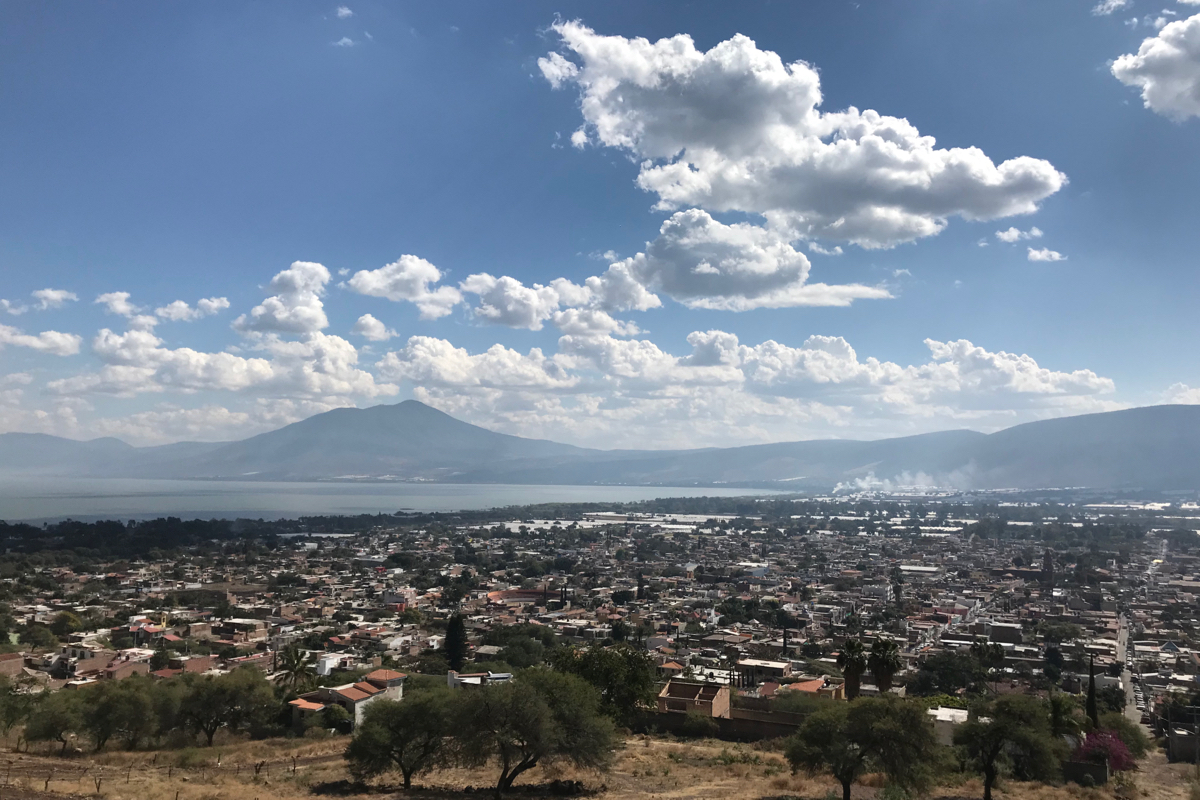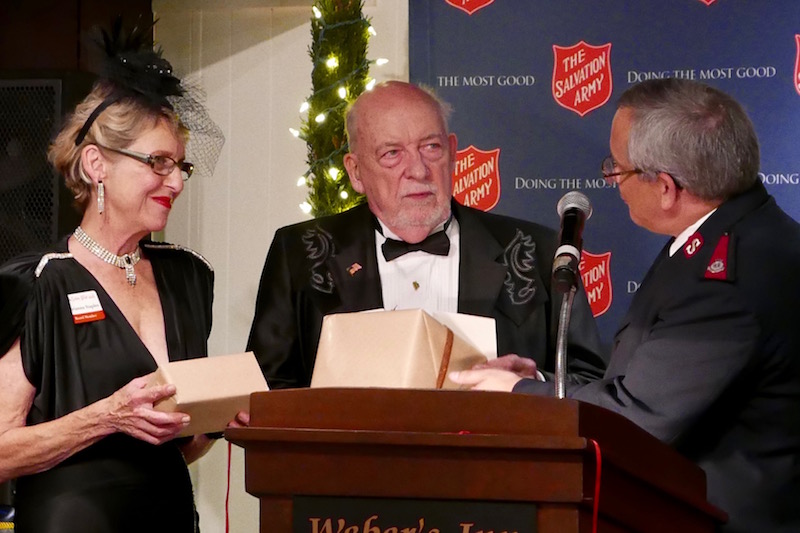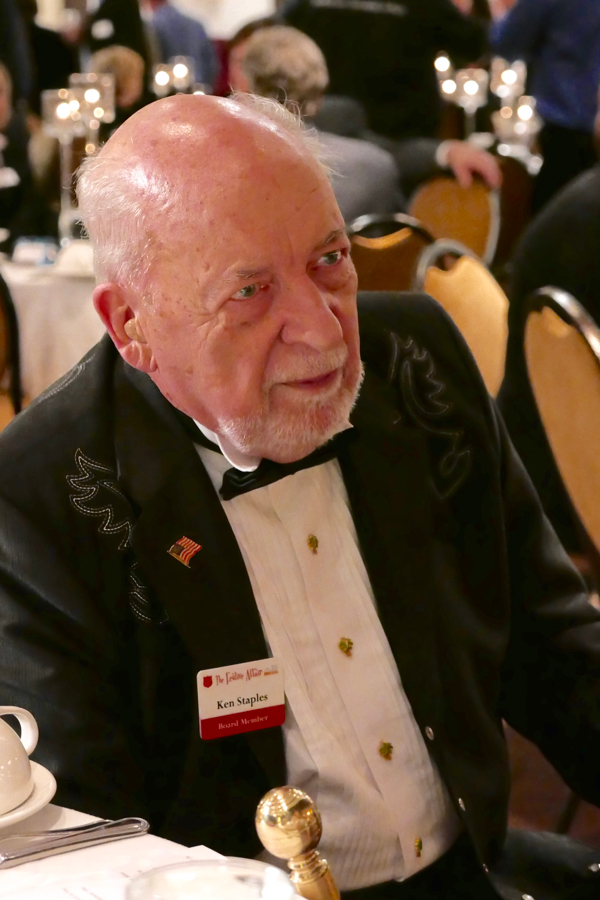On October 3, 2021, the U.S. State Department issued a statement from Ned Price, Department spokesperson, on the subject of Chinese military activity in the vicinity of Taiwan. This press statement bore the following heading:
“Increasing People’s Republic of China Military Pressure Against Taiwan Undermines Regional Peace and Stability”
A more accurate headline might have read: “Increasing United States Rhetorical Pressure Against China over Taiwan Undermines Regional Peace and Stability”
Here is the State Department’s statement in full:
The United States is very concerned by the People’s Republic of China’s provocative military activity near Taiwan, which is destabilizing, risks miscalculations, and undermines regional peace and stability. We urge Beijing to cease its military, diplomatic, and economic pressure and coercion against Taiwan.
We have an abiding interest in peace and stability across the Taiwan Strait. We will continue to assist Taiwan in maintaining a sufficient self-defense capability, and we will maintain our commitments as outlined in the Three Communiqués, the Taiwan Relations Act, and the Six Assurances. The U.S. commitment to Taiwan is rock solid and contributes to the maintenance of peace and stability across the Taiwan Strait and within the region. We will continue to stand with friends and allies to advance our shared prosperity, security, and values and deepen our ties with democratic Taiwan.
The statement makes no reference to the fact that both Beijing and Washington are in agreement that Taiwan is a province of China, that Taiwan belongs to China, that Taiwan is an integral part of China, that Taiwan will eventually come under the control of China’s central government. To the contrary, the tone of the statement suggests that Taiwan should exist as an independent country! It’s hard to imagine a statement that would do more to inflame nationalistic passions among the Chinese, that could actually increase the likelihood of China using force to regain possession of its province.
Such irresponsible rhetoric from the Biden administration could encourage people in Taiwan to declare independence, an action that would certainly trigger a Chinese invasion of the island.
Is the United States willing to go to war with China over Taiwan? Indications are that the Chinese are absolutely willing to go to war to prevent secession by Taiwan. If we are not willing to fight a war for Taiwanese independence, then we should cool the rhetoric and avoid giving the Taiwanese the impression that we will fight China on their behalf. We need to play a “long game,” quietly insisting that the inevitable reunification must be accomplished, someday, through peaceful means.
In a perfect world, perhaps, Taiwan would be an independent country. In a perfect world, perhaps, Hawaii would be an independent country. But it seems that we don’t live in a perfect world!






 Using static pages at this website, I’m gradually adding information, photos and documents related to my original Masonic lodge,
Using static pages at this website, I’m gradually adding information, photos and documents related to my original Masonic lodge, 

